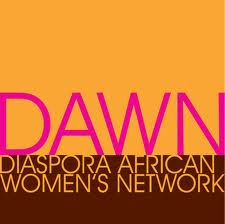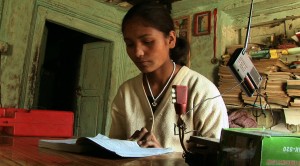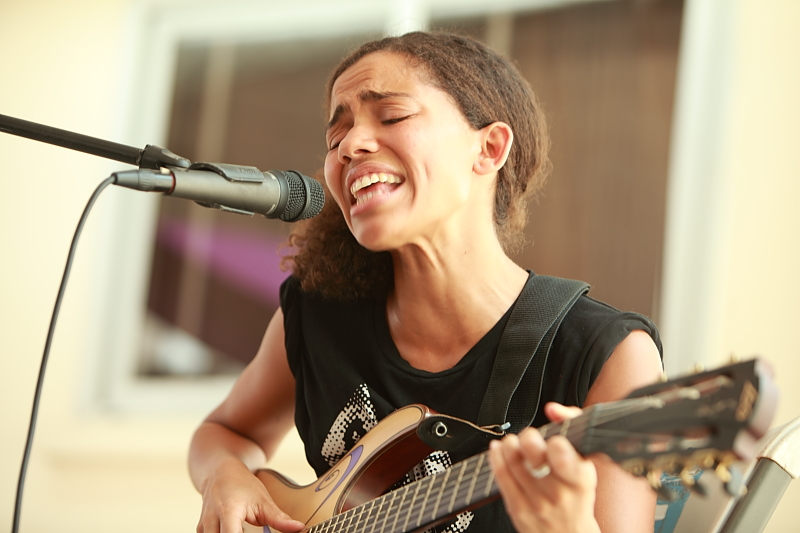I've compiled a list of responses from African women responding to Kony 2012, a controversial campaign launched recently by Invisible Children to raise awareness of child soldiers in Uganda. I'm amplifying their responses because almost overnight, the web became flooded with so much commentary from western media on the erasure…
-
Advocacy - African Feminism - Afrofeminism - Blog - International Development - New Media - Philanthropy - Thought Leadership
-
Lessons from my Mother: African Women and Feminism
Growing up in Nigeria, the idea that improving the lives of women was a cause worth fighting for didn't just come from organizations, or brochures, or formal programming; I had strong women around me who constantly put this into practice in the every day, including my own mother.
-
3-10 Women Arrested for Being Lesbian in Cameroon: Gender Bias in Anti-Gay Prosecution
Recently, BBC news reported that three women -- allegedly involved in a love triangle -- in Cameroon have been arrested on suspicions of practicing homosexuality. According to the Washington Post, homosexuality is considered criminal in Cameroon and punishable by a jail sentence of six months to five years, plus a…
-
International Women’s Day Screening of Africa’s “Waiting for Superman” — “To Educate a Girl”
Framed by the United Nations global initiative to provide equal access to education for girls by 2015, the documentary film, To Educate a Girl, takes a ground-up and visually stunning view of that effort through the eyes of girls in Nepal and Uganda, two countries emerging from conflict and struggling…
-
African Women’s Organization Partners with Nigerian Artist NNEKA to Promote Women’s Rights Through the Arts
On February 16th, 2012, Africa Women's Development Fund out-doored NNEKA (one of my favorite Nigerian artists) as their first Ambassador of the Arts. NNEKA was born in Warri, Oil City in the Delta region of Nigeria at the height of its new found wealth in the mid 70s. Her lyrics…




